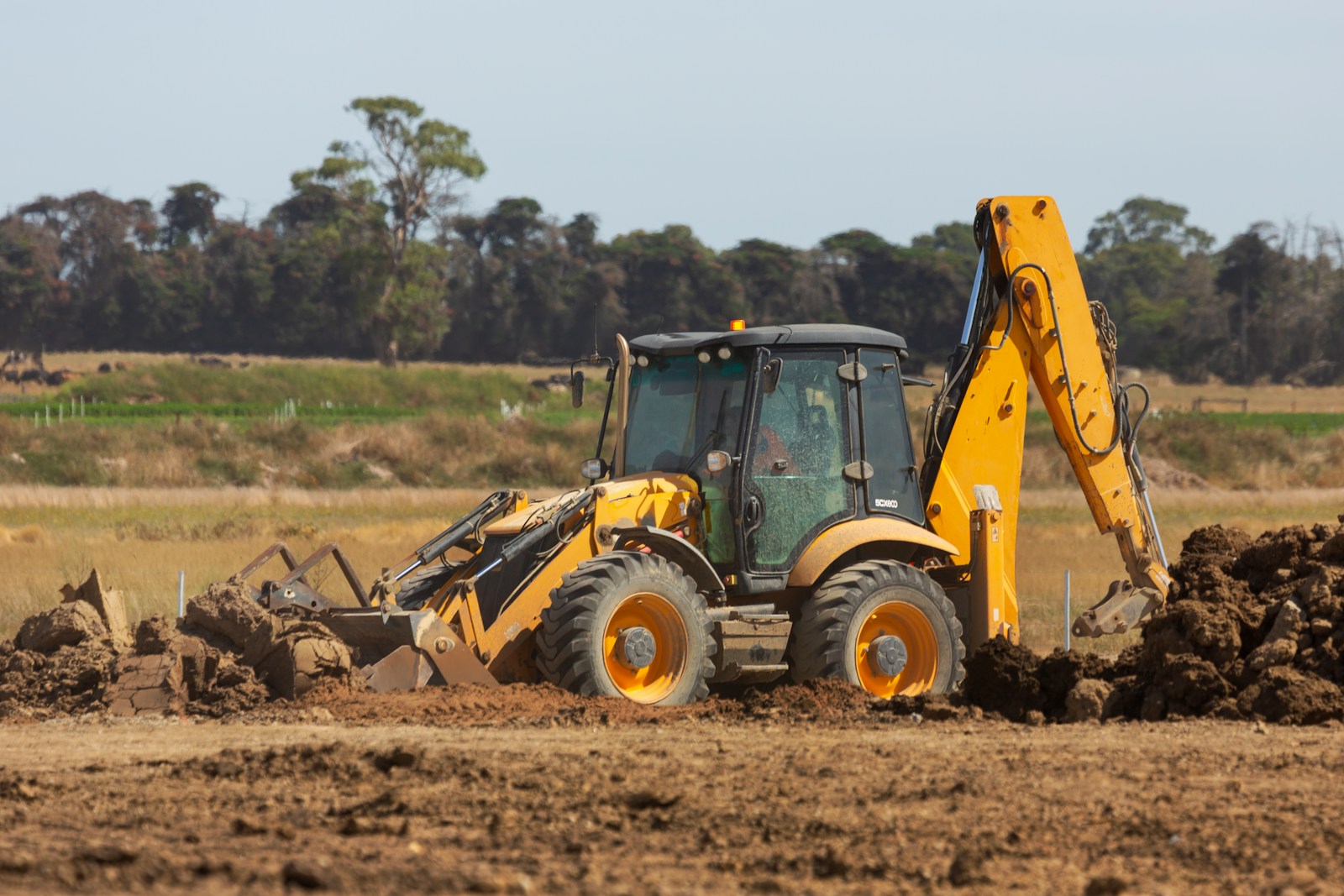Legal Precedents and the Case for JCB Excavators Not Being Vehicles

Introduction
The Kerala High Court recently delivered a significant judgment in the case of Shefeek Shajahan v. State of Kerala (CRL.MC NO. 3104 OF 2025), addressing the classification of hydraulic excavators under the Motor Vehicles Act, 1988. The case involved a criminal miscellaneous petition challenging the dismissal of an application for the interim custody of a seized JCB 81 Hitachi excavator.
Table of Contents
Background of the Case
The case arises from Crime No. 123/2025 registered at the Vithura Police Station, Thiruvananthapuram, following an incident where the operator of an excavator died after the machine accidentally fell from a height while removing rubber wood pieces from a property. The petitioner, Shefeek Shajahan, sought interim custody of the seized JCB 81 Hitachi excavator. The Judicial Magistrate of First Class -III (Forest Offences), Nedumangad, dismissed the petitioner’s application, treating the excavator as a vehicle and requiring proof of registration. The petitioner challenged this order before the Kerala High Court.
Rival Contentions
The petitioner’s counsel argued that the excavator was mistakenly classified as a vehicle by the Magistrate. They contended that the machine was a hydraulic excavator, not a vehicle, and thus not liable to be registered under the Motor Vehicles Act. Supporting documents, including a tax invoice, sale letter, and insurance policy, were submitted to establish ownership. The counsel relied on precedents such as Sales Tax Inspector v. Ittoop (2004 KHC 56) and Rajesh v. State of Kerala (2020 (5) KHC 414) to highlight the distinction between vehicles and machines.
The learned Public Prosecutor, representing the State of Kerala, pointed out that the sale letter referred to the machine as a ‘vehicle,’ suggesting that the seizure was indeed of a vehicle. They contended that the machine should be treated as a vehicle under the relevant provisions.
Legal Provisions and Judgments Relied Upon
The court referred to the Motor Vehicles Act, 1988, particularly Section 2(28), which defines a ‘motor vehicle’ as any mechanically propelled vehicle adapted for use upon roads. The court also relied on the precedent in Rajesh v. State of Kerala, which held that a Bobcat Excavator is not a vehicle and is not liable to be registered under the Motor Vehicles Act. Additionally, the court examined the provisions of the Kerala General Sales Tax Act, particularly Entry 21, which levies tax on “other machinery.”
Analysis of the Court
The Kerala High Court analysed the definition of a motor vehicle under the Motor Vehicles Act. The court clarified that a motor vehicle is one that is used ‘upon roads’ and requires compulsory registration. It distinguished between machines used for making roads and those used upon roads. The court noted that the JCB 81 Hitachi excavator, being a hydraulic excavator, was designed for construction or excavation purposes and not for general use upon roads. The court emphasized that the machine was insured under a Contractors Plant and Machinery Insurance Policy, further supporting its classification as a machine rather than a vehicle.
Final Decision
The Kerala High Court allowed the criminal miscellaneous petition and quashed the order of the Judicial Magistrate. The court directed the Magistrate to reconsider the petitioner’s application for interim custody of the machine, taking into account the submitted tax invoice, sale letter, and insurance policy. The court concluded that the excavator was not a vehicle and, therefore, the requirement for a registration certificate was not applicable.
Conclusion
The Kerala High Court’s judgment in Shefeek Shajahan v. State of Kerala provides a clear legal distinction between vehicles and machines under the Motor Vehicles Act, 1988. By emphasizing that hydraulic excavators are not vehicles and do not require registration under the Act, the court has set a precedent for similar cases. This decision underscores the importance of accurately classifying machinery in legal proceedings and ensures that ownership and custody disputes are resolved based on precise legal interpretations. The case serves as a valuable reference for understanding the application of the Motor Vehicles Act and related legal principles in the context of heavy machinery.
For further details write to contact@indlalaw.in
By entering the email address you agree to our Privacy Policy.



